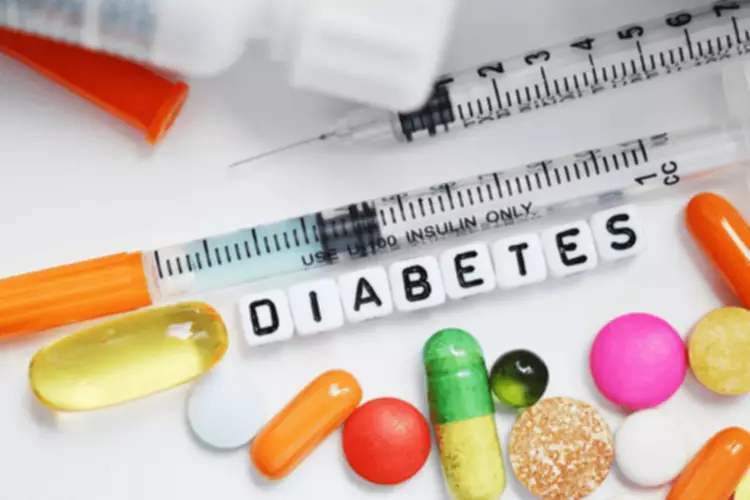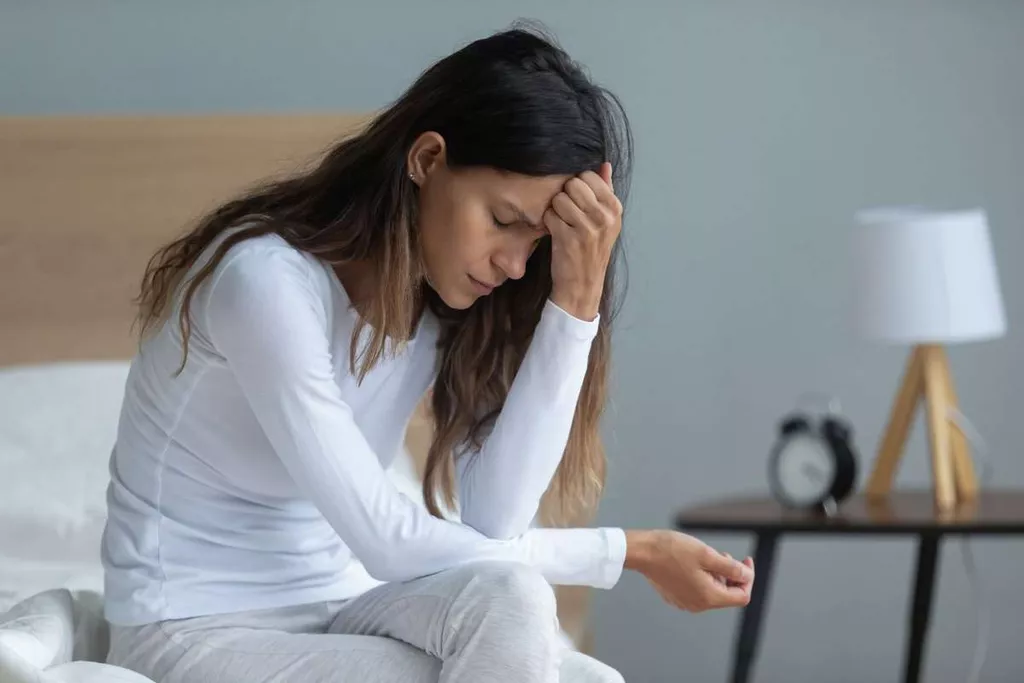Content
- How do I get a good night’s sleep after drinking?
- How Long to Wait Between Drinking Alcohol and Bedtime
- How dehydration affects your sleep
- FAQs about alcohol and sleep
- How To Help Your Child Stop Wetting the Bed
- Sedative effects of alcohol
- Alcohol and its effect on sleep continuity in healthy subjects
- Alcohol and sleepiness: Possible links
Though alcohol may help you fall asleep faster, it can disrupt the important REM stage of your sleep cycle, leading to lack of sleep or sleep disorders like insomnia. Our finding that those who have trouble falling asleep were more likely to be persistent heavy drinking suggests that they may be using alcohol as a sedative. This is partially corroborated in an earlier study on same population. There are few other longitudinal population based studies with which to compare our findings.
- Then, as withdrawal from the drug or alcohol occurs there’s a big sleep-wake reversal which then needs to be addressed.
- There is some inconsistency in the literature relating to REM sleep abnormalities during sustained recovery.
- Ironically, if the person in recovery returns to heavy drinking, their slow-wave sleep will increase and their nighttime wakefulness will decrease, at least initially.
As they continue to drink, their sleep patterns soon become disrupted again. The idea that alcohol consumption improves sleep is, in reality, only a myth. Experts also suggest building in a buffer zone of at least a few hours between drinking and bedtime. “It’s probably OK to have a glass of wine with dinner four hours before bed,” Dr. Abbott said. Or maybe limit your drinking to happy hour or the appetizer course.
How do I get a good night’s sleep after drinking?
That is why it is important to get to the roots of what is causing the sleep disorder, as there may be a way to lessen it. Many people suffering from insomnia will https://ecosoberhouse.com/ take a drink before bedtime to help them fall asleep. After an initial stimulating effect, alcohol’s sedating effects can reduce the time required to fall asleep.
- Some people may resort to drinking alcohol as a sleep aid or agent that initiates sleep.
- That’s because alcohol disrupts what’s known as your sleep architecture, the normal phases of deeper and lighter sleep we go through every night.
- Finally, regular drinking has been linked to insomnia and other sleep disorders, especially later in life.
- This acute insomnia becomes persistent because of perpetuating factors such as reading in bed (Spielman et al., 1987) or drinking alcohol.
If you have alcohol in your system when you hit the hay, you may not sleep very deeply, or for very long, on and off throughout the night. That’s because as alcohol starts to metabolize, the sedative effect wears off. They found that alcohol boosts extracellular levels of adenosine, which in turn induces sleep by blocking the wake-promoting cells of the basal forebrain. We’re here 24/7 to help guide you or your loved on through rehab and recovery. Submit your number to receive a call today from a treatment provider. Treatment providers are available 24/7 to answer your questions about rehab, whether it’s for you or a loved one.
How Long to Wait Between Drinking Alcohol and Bedtime
The population may not be representative of all older adults in the UK and it is unlikely that the full spectrum of drinking behavior is represented. However, the mean consumption is similar to that reported in representative studies, such as Health Survey for England and English Longitudinal study of Ageing22. alcohol insomnia Another limitation is that we were not able to capture fully patterns of consumption in terms of binging. The repeated collection of alcohol and sleep data over such a long period is unique. We were thus able to look at long-term drinking typologies and persistent sleep problems over three decades.

Consuming alcohol may present a higher risk of developing sleep apnea. In a 2018 study, researchers found that alcohol increases this risk by 25%. 2020 research suggests that alcohol impacts the part of sleep known as rapid eye movement (REM). Drinking heavily over time can also disrupt the chemical messengers in the brain, which can affect sleep. His research and clinical practice focuses on the entire myriad of sleep disorders. Some common medications have a diuretic effect, which means they make you urinate more than you usually would.
How dehydration affects your sleep
Many people with insomnia may have difficulty falling asleep at night. As a result, they may consume alcohol to speed up falling asleep, but evidence shows this technique does not improve sleep quality. You may experience nighttime dehydration if you’re not taking in enough fluids throughout the day.
Sleep problems may be a concern for children and teenagers as well. However, some children and teens simply have trouble getting to sleep or resist a regular bedtime because their internal clocks are more delayed. However, the sleep disorder is a symptom that occurs after a user withdraws from the drug.
Drinking a light to moderate amount of alcohol (one or two standard drinks) before bed may not have much of an impact. Finally, going to bed with alcohol in your system increases your chances of having vivid dreams or nightmares, or sleepwalking and other parasomnias. During sleep, a person’s heart rate should slow and drop to below 60 beats per minute. Alcohol consumption can be a trigger for sleepwalking or talking during sleep.

Sleepwalking can lead to injuries, disrupt sleep, and leave a person feeling fatigued and not well-rested after waking. Alcohol can worsen sleep apnea, a condition where a person’s breathing stops and regularly starts while they sleep. People’s tolerance to alcohol as a sleep aid rapidly increases, leading to insomnia and alcohol dependence.
Insomnia is a disorder that prevents someone from achieving a restful night’s sleep. This could mean that they aren’t reaching a deep level of sleep, are waking several times through the night, or can’t fall asleep to begin with. Any of these possibilities mean that when the person wakes, they aren’t feeling rested. On a day-to-day basis, this doesn’t seem like that pressing of an issue. In the long-term, however, it can be detrimental to one’s mood, energy level, physical and mental health, work performance, and quality of life.
When it comes to alcohol and insomnia, many people will struggle to deal with the symptoms alone. As a lack of sleep can worsen other symptoms, it is essential to have the support of the alcohol treatment center professionals you need when decided to stop drinking. Furthermore, drinking moderate to high amounts of alcohol prior to sleep can narrow the air passage, causing episodes of apnea in persons who normally do not exhibit sleep apnea symptoms. Obstructive sleep apnea is a disorder in which the upper air passage narrows or closes during sleep, causing interrupted breathing.
Sedative effects of alcohol
Logistic regression analyses with the sleep variables as the outcome variable, and alcohol variables as the main exposure, were performed in Stata v15, adjusting for age. Models were carried out separately for the different alcohol measurements, and were stratified by men and women. Retrospectively, subjects with AD reported the presence of insomnia prior to the onset of AD (Currie et al., 2003a). This association may be secondary to subjects self-medicating their insomnia with alcohol (Kaneita et al., 2007, Ancoli-Israel and Roth, 1999, Johnson et al., 1998).
- If you experience insomnia, it could be due to the symptoms of dehydration.
- With extended use of alcohol over time, there can be long-term concerns, too.
- In another study, a higher prevalence rate of SDB was seen in treatment-seeking patients with AD (41%), as compared to control subjects (23%).
- It also considers ways to manage insomnia and prevent sleep disruption and answers some frequently asked questions.
Sleep onset occurs when there are increased homeostatic (sleep-promoting) and decreased circadian (wake-promoting) drives (Borbely, 1982). From a general neurophysiological perspective, the onset and maintenance of sleep involves depolarizations of the thalamocortical neural circuits (Saper et al., 2010). The ‘sleep-wake switching system’ resides within the lateral hypothalamus, the ventrolateral preoptic area, and the median preoptic area. In contrast to generalized sleep activity across the brain, “local” sleep involves activities in certain neurons or neuronal assemblies leading to regional sleep-like neuronal activity patterns. These activities are then propagated to other brain regions via signaling systems. From a clinical perspective, insomnia occurs in vulnerable patients with predisposing factors, such as having a family history of AD or certain genetic traits.
Alcohol and its effect on sleep continuity in healthy subjects
Furthermore, long-term consequences of alcohol may lead to changes in sleep regulation. At present, most literature is based on cross-sectional studies and thus cannot assess direction of effects6. Subjective and objective sleep related disturbances persist for up to 3 years into sobriety as demonstrated by cross-sectional and longitudinal studies. Subjective complaints of insomnia may persist up to 2 years into sobriety (Cohn et al., 2003, Wellman, 1954, Kissin, 1979). Longitudinal studies evaluating PSG sleep have demonstrated the presence of increased SOL and sleep fragmentation, a decreased TST, and, abnormalities in SWS and REM sleep stages.
